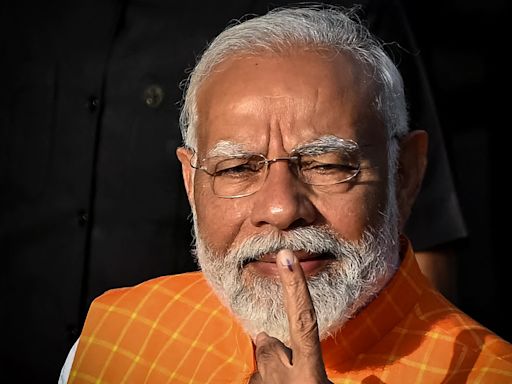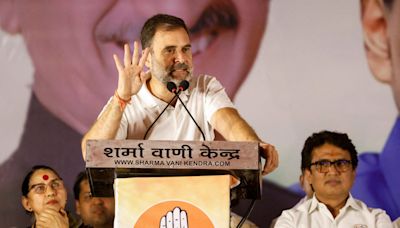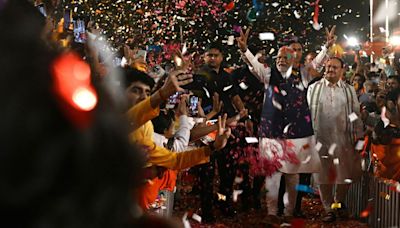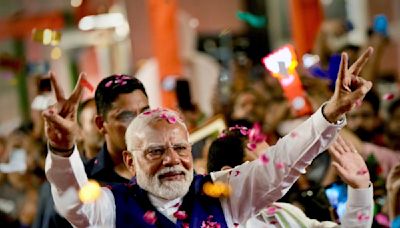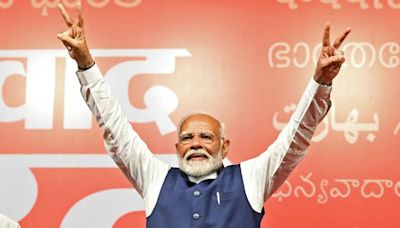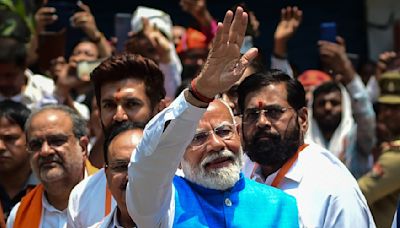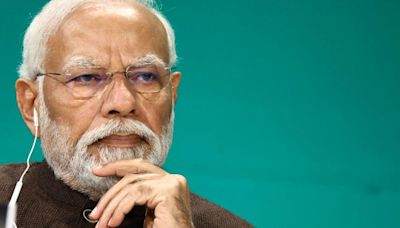Search results
Hindus ( Hindustani: [ˈɦɪndu] ⓘ; / ˈhɪnduːz /) or Sanatani are people who religiously adhere to Hinduism or Sanātana Dharma [67]. [68] [69] Historically, the term has also been used as a geographical, cultural, and later religious identifier for people living in the Indian subcontinent. [70] [71]
- Hinduism Beliefs, Symbols. Some basic Hindu concepts include: Hinduism embraces many religious ideas. For this reason, it’s sometimes referred to as a “way of life” or a “family of religions,” as opposed to a single, organized religion.
- Hinduism Holy Books. Hindus value many sacred writings as opposed to one holy book. The primary sacred texts, known as the Vedas, were composed around 1500 B.C.
- Origins of Hinduism. Most scholars believe Hinduism started somewhere between 2300 B.C. and 1500 B.C. in the Indus Valley, near modern-day Pakistan. But many Hindus argue that their faith is timeless and has always existed.
- Hinduism vs. Buddhism. Hinduism and Buddhism have many similarities. Buddhism, in fact, arose out of Hinduism, and both believe in reincarnation, karma and that a life of devotion and honor is a path to salvation and enlightenment.
3 days ago · Hinduism, major world religion originating on the Indian subcontinent and comprising several and varied systems of philosophy, belief, and ritual.Although the name Hinduism is relatively new, having been coined by British writers in the first decades of the 19th century, it refers to a rich cumulative tradition of texts and practices, some of which date to the 2nd millennium bce or possibly ...
Hinduism is the world's third-largest religion, with approximately 1.20 billion followers, or around 15% of the global population, known as Hindus. [16] [web 2] [web 3] It is the most widely professed faith in India, [17] Nepal, Mauritius, and in Bali, Indonesia. [18]
Hinduism - Beliefs, Practices, & History: More strikingly than any other major religious community, Hindus accept—and indeed celebrate—the organic, multileveled, and sometimes pluralistic nature of their traditions. This expansiveness is made possible by the widely shared Hindu view that truth or reality cannot be encapsulated in any creedal formulation, a perspective expressed in the ...
Hinduism - Rituals, Beliefs, Traditions: The second strand in the fabric of Hinduism is practice. Many Hindus, in fact, would place this first. Despite India’s enormous diversity, a common grammar of ritual behavior connects various places, strata, and periods of Hindu life. While it is true that various elements of Vedic ritual survive in modern practice and thereby serve a unifying ...
People also ask
Who are Hindus?
What does Hinduism believe?
Why is Hinduism important?
What is Hinduism based on?
Hinduism is the largest religion in India. [2] [3] According to the 2011 Census of India, 966.3 million people identify as Hindu, [4] representing 79.8% of the country's population. India contains 94% of the global Hindu population. [5] [6] The vast majority of Indian Hindus belong to Shaivite and Vaishnavite denominations. [7]
